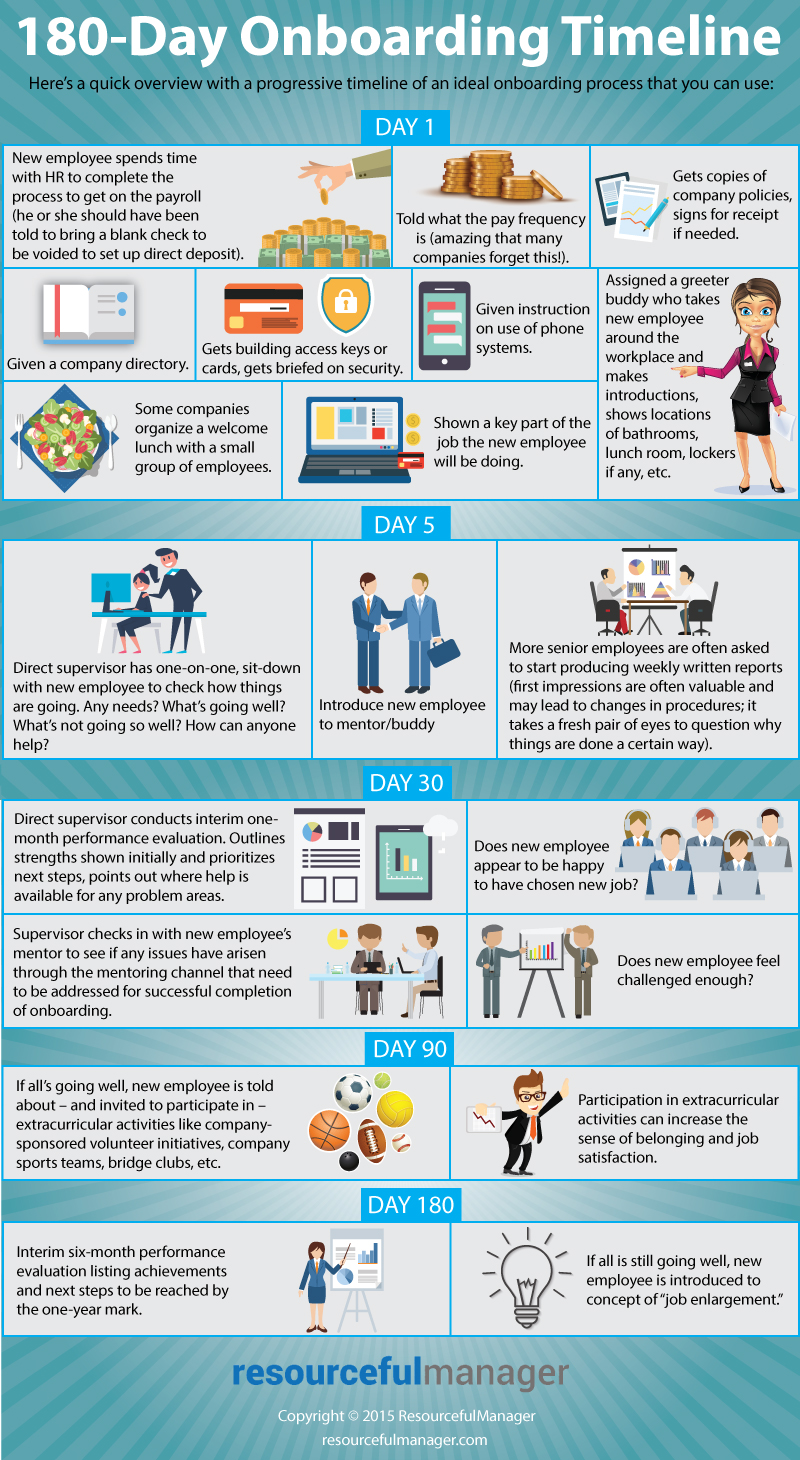It's game time — the interview is here. You
prepped well. You aced the handshake. anticipated the questions they asked and
wowed them with your smooth, competent demeanor and relevant work anecdotes.
Or maybe it wasn’t your best interview (it
happens) and you need a way to salvage the whole thing. Either way, as the
interview is wrapping up, it’s time to close strong. This is your chance to
leave a valuable impression on your way out.
At this point, most interviewers will open the
floor to you by asking if you have any other questions. Before you simply shake
hands and say "thank you for your time," consider asking these four
questions! to finish strong:
1. "How would you describe the culture here in the office?’* This question shows that you’re already thinking about how you can fit in and add value to this company. It also gives you an unofficial glimpse into what the company is like — information that you can’t necessarily get from online research.
1. "How would you describe the culture here in the office?’* This question shows that you’re already thinking about how you can fit in and add value to this company. It also gives you an unofficial glimpse into what the company is like — information that you can’t necessarily get from online research.
The interviewer is unlikely to tell you the
"warts and all" version, but it’s a good way to get an initial feel
for whether the job will truly be a good fit for you.
2. "What’s been your favorite part about working for
this company?"
This engages the interviewer’s personal side,
letting them give an opinion that isn’t necessarily based on the c! ompany
motto or the job description. The answer can be even m! ore revealing about the
day-to-day life at the company than asking, "What’s the dayto-day like
here?"
For example, at one interview I asked this
question and was pleasantly surprised to find out that once a month the company
throws a pizza party for employees and holds regular events like employee
bake-offs and craft fairs. That told me that the company valued employee
morale, and was a deciding factor when I accepted the job.
If the interviewer seems stumped by this
question and has to think a while before answering, that may be a red flag,
which is also good information to have.
3. "What experience best prepared you for working
here?"
Again, this engages with th! e interviewer and
gets him or her respond candidly without being too intrusive or personal. It
also tells you about the kinds of skills that will serve you best in this role,
regardless of what’s in the job description.
For example, if the interviewer tells you that
working for a chaotic small company prepared her for the "all hands on
deck' attitude of this place, it tells you that teamwork is prized here. You
can respond by saying something like, "I thrive in that kind of atmosphere
too. Working at a small mom-and-pop store taught me how valuable it is for
everyone to pitch in to get the job done."
4. "How would you describe the leadership style
here?"
Up to this point, it’s likely that the
interview was focused on the job itself and your qualifications. This question
opens it up a bit and tells you more about t! he expectations of the company
for this job — whether it’s a hands! -on management kind of company (or
potentially micromanaging), or a leadership style that relies on employees
being more independent.
It also tells the interviewer that you’re
thinking about creating a productive, in-tune relationship with your potential
manager.
As with all interview questions, it’s important
to read the flow of the interview. If you’ve covered any of these topics
earlier, no need to rehash them at the end — it could look like you weren’t paying
attention.
But making sure you have a potential list of
thoughtful, engaged questions ready to go will help you finish the interview in
a polished, professional way.
Kate Lopaze is a career advice journalist for
TheJobNetwork.com, where this article was originally publishe! d. She
investigates and writes about current strategies, tips and trending topics
related to all stages of one's career.













